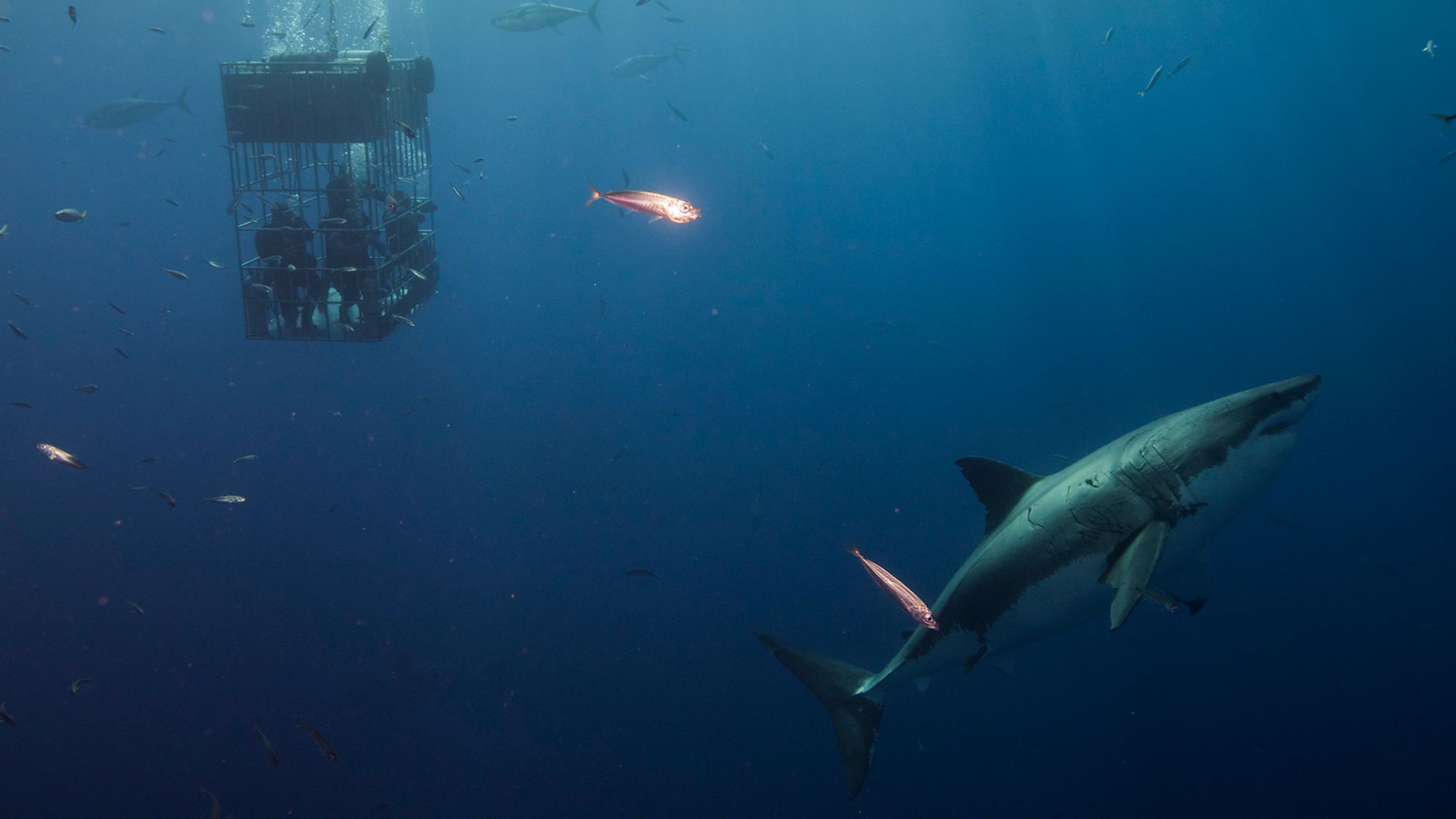
The Power of the Deep: South Africa's Marine Discovery Offers New Hope in Cancer Research
South Africa's deep-sea waters have long been a source of mystery and wonder, but recent scientific advancements have revealed their potential to revolutionize medical research. Among these discoveries is Cephalostatin-1, a powerful anti-cancer compound derived from a rare marine worm known as Cephalodiscus gilchristi. This breakthrough has captured global attention, with the United States National Cancer Institute recognizing it as one of the most potent anti-cancer agents ever tested.
First identified in the early 1990s, Cephalostatin-1 has demonstrated remarkable effectiveness in selectively targeting and destroying cancer cells. Its unique properties have made it a subject of intense study, offering new possibilities for developing life-saving treatments. According to Dr. Dion George, Minister of Forestry, Fisheries and the Environment, this discovery highlights the immense value of South Africa’s marine ecosystems. "This is a shining example of the treasures our oceans hold," he said. "Protecting our oceans is not just about conserving nature—it's about saving lives, creating jobs, and securing our future."
The significance of Cephalostatin-1 goes beyond its medical potential. It underscores the vast, untapped resources hidden within South Africa's marine biodiversity. These underwater ecosystems are home to countless species that remain poorly understood, yet they may hold the key to solving some of the world’s most pressing health challenges. The discovery has also sparked interest among researchers, biotech innovators, and marine scientists, positioning South Africa as a hub for cutting-edge environmental and medical research.
The Department of Forestry, Fisheries and the Environment (DFFE) is committed to ensuring that these natural resources are preserved for future generations. Through initiatives such as expanding marine protected areas, enforcing strict pollution controls, and promoting sustainable fishing practices, the department is working to safeguard the delicate balance of South Africa’s coastal and oceanic environments.
By protecting these ecosystems, the DFFE aims to support local communities that rely on the sea for their livelihoods. Sustainable management of marine resources not only preserves biodiversity but also fosters economic growth and resilience. Furthermore, it encourages responsible scientific exploration and environmental stewardship, ensuring that future discoveries can be made without compromising the health of the oceans.
The journey of Cephalostatin-1 from the depths of the ocean to the forefront of cancer research exemplifies the interconnectedness of science, conservation, and human well-being. As researchers continue to explore the potential of marine compounds, the importance of preserving these environments becomes even more evident. South Africa’s commitment to ocean protection serves as a model for other nations, demonstrating how responsible environmental policies can lead to groundbreaking scientific achievements and long-term societal benefits.
In a world where climate change and biodiversity loss pose significant threats, the lessons learned from Cephalostatin-1 remind us that the ocean holds more than just beauty—it holds the promise of a healthier, more sustainable future.
Post a Comment